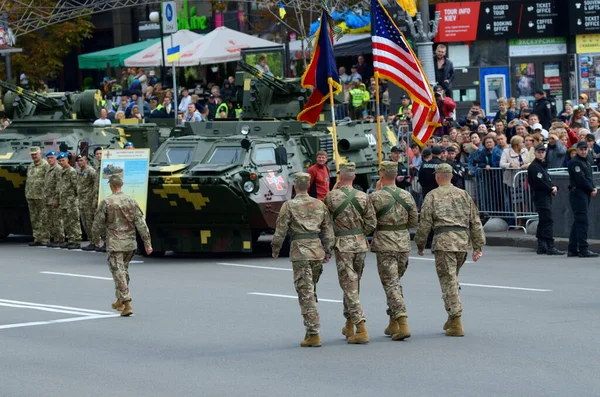The United States has formally accused the Islamic Resistance in Iraq, a coalition of Iran-backed militias, of orchestrating a drone strike that resulted in the deaths of three U.S. service members in Jordan.
President Joe Biden, amidst escalating tensions, is contemplating appropriate retaliatory measures to address this aggression without igniting further conflict in the volatile Middle East region.
Rising tensions in Iran and strategic deliberations

As Iran issues a stark warning of a decisive reaction to any potential U.S. military actions, the Biden administration signals readiness for retaliatory strikes in the Middle East.
This development follows a drone attack that not only claimed the lives of American troops but also wounded at least 40 others at a secretive base in northeastern Jordan, pivotal to U.S. operations in Syria.
National Security Council spokesman John Kirby outlined the U.S. stance, indicating a planned, multifaceted response to the assault. “It’s fair for you to expect that we will respond in an appropriate fashion, and it is very possible that what you’ll see is a tiered approach here, not just a single action, but essentially multiple actions,” Kirby conveyed.
Read More: Ukraine’s strikes on Russia challenge Putin’s war narrative
Complex web of accountability and diplomatic challenges
The attack’s attribution to the Islamic Resistance in Iraq, particularly highlighting the involvement of Kataib Hezbollah within the umbrella group, underscores the intricate network of militia alliances in the region.
Despite a statement from Kataib Hezbollah suggesting a pause in military operations to avoid embarrassing the Iraqi government, Kirby dismissed this as unreliable, emphasizing the broader threat these groups pose to U.S. forces.
Amid these developments, President Biden plans to honor the fallen soldiers in a dignified transfer ceremony at Dover Air Force Base, reinforcing the nation’s respect and gratitude towards its service members.
Broader regional conflict and prospects for escalation
This incident occurs against the backdrop of an intensifying conflict in the Middle East, notably marked by the war between Israel and Hamas.
The spiraling violence has precipitated widespread casualties and displacement, amplifying tensions across the region.
With Iran launching strikes in neighboring countries and the U.S. targeting Houthi rebels in Yemen, there are growing concerns about the potential for a broader regional war.
Also Read: Senate and House GOP’s looming clash over border bill
Iran and U.S. tensions: Navigating a fragile regional equilibrium

Iran’s firm stance, articulated by Ambassador Amir Saeid Iravani and Revolutionary Guard commander Gen. Hossein Salami, signals a readiness to confront any U.S. actions head-on.
Meanwhile, the U.S. maintains that it seeks to avoid war with Iran, focusing instead on a proportionate response to the attack in Jordan.
As the U.S. contemplates its next moves, the international community watches closely. The downing of an anti-ship cruise missile by a U.S. Navy destroyer and subsequent airstrikes against the Houthis highlight the precarious balance of power in the region.
EU naval mission and Biden’s strategy: Navigating Middle East tensions
With the European Union poised to launch a naval mission in the Red Sea, the global response to these developments will be critical in shaping the path forward.
This intricate scenario presents a significant challenge for the Biden administration as it seeks to uphold national security interests while preventing a further escalation of hostilities.
The decisions made in the coming days will undoubtedly have far-reaching implications for the stability of the Middle East and the broader international order.
Read Next: SNL takes jab at Trump over Carroll verdict, mocks DeSantis endorsement in ‘Weekend Update’
